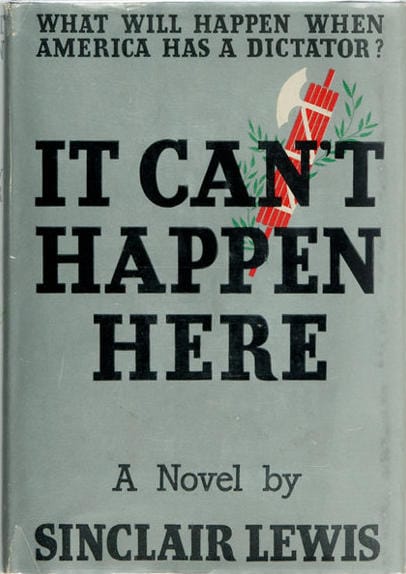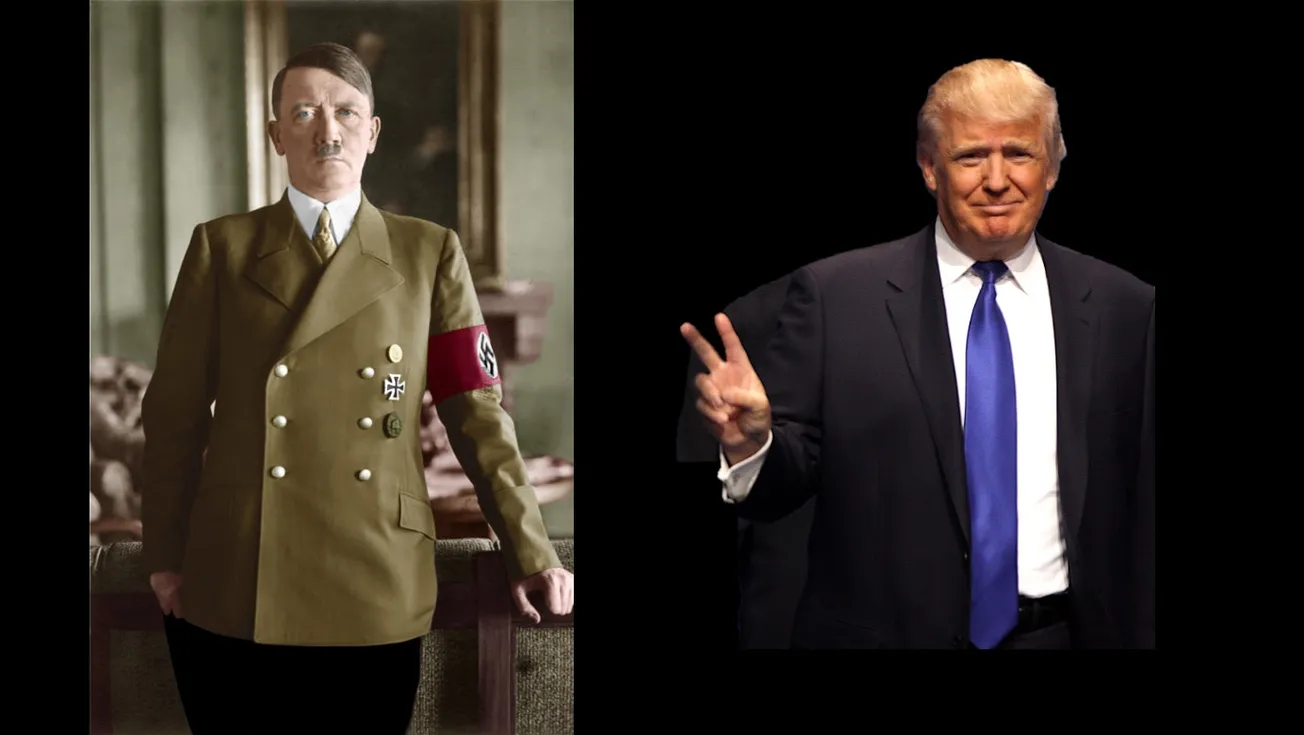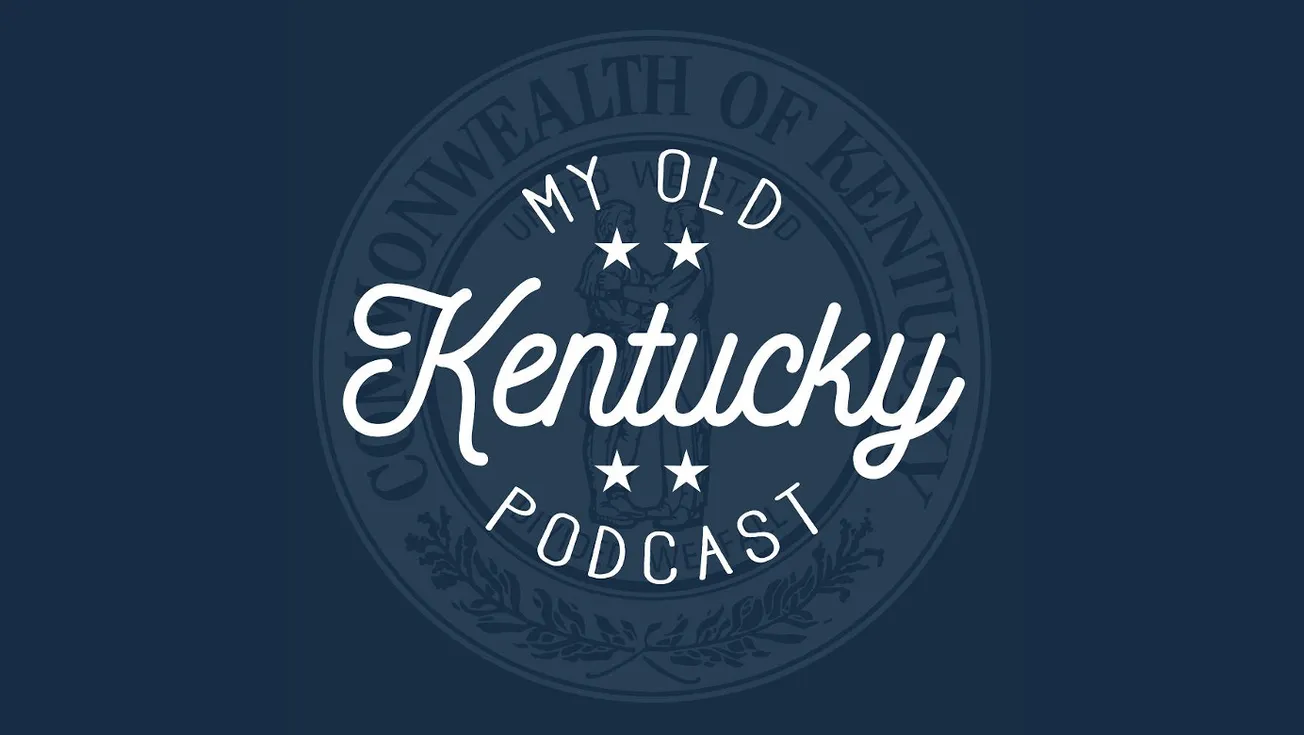He was charged with high treason for leading a bloody coup that failed.
Evidence against him was indisputable. But he turned his trial into a soapbox from which he spewed his virulent antisemitism, authoritarianism, extreme nationalism and hatred for democracy. Though he was found guilty, his popularity soared.
His name was Adolf Hitler.
“There’s no doubt Donald Trump will use his trials to advance his authoritarian views,” said Murray State University historian David Pizzo.
Last Nov. 8 was the 100th anniversary of Hitler’s abortive Munich coup, dubbed the “Beer Hall Putsch.” Since, some historians and pundits have linked the putsch — German for coup — with the Trump-incited deadly coup of Jan. 6, 2021.
Pizzo cautions against such comparisons. He pointed out that Hitler personally led his Nazi insurrectionists in what turned into a bloody street battle with police. Trump, safely ensconced in the White House, approvingly watched on TV as his MAGA mob — including neo-Nazi Holocaust deniers — ransacked the Capitol and terrorized lawmakers and staffers and threatened to hang Vice President Mike Pence.
The historian also explained that Hitler and Trump had different goals. Largely unknown in 1923, Hitler desperately sought publicity for himself and his fledgling Nazi movement. He aimed first to overthrow the Bavarian state government in Munich, Bavaria's capital, then topple the national government in Berlin. Afterwards, he would make himself a dictator known and feared globally.
Name recognition wasn’t Trump’s problem. He sought to hold onto power illegally by forcibly overturning the 2020 election won by Joe Biden. “The real parallels between Hitler and Trump will be in the courts,” Pizzo said.
Trump is facing four separate felony trials. He is charged with attempting to subvert the presidential election (Washington, D.C.), election interference (Georgia), paying hush money to a porn star (New York), and hoarding classified documents after he left office, plus trying to stop federal authorities from recovering them (Florida.)
Hitler’s trial started on Feb. 26, 1924. “Hitler was shrewd enough to see that his trial, far from finishing him, would provide a new platform from which he could not only discredit the compromised authorities who arrested him, but — and this was most important — for the first time make his name known far beyond the confines of Bavaria, and indeed of Germany itself,” William L. Shirer wrote in The Rise and Fall of the Third Reich.
Added Shirer: “[Hitler] was well aware that correspondents of the world press as well as of the leading German newspapers were flocking to Munich to cover the trial. ... By the time it had ended twenty-four days later, Hitler had transformed defeat into triumph, ... impressed the German people with his eloquence, and the fervor of his nationalism, and emblazoned his name on the front pages of the world.”
Hitler, according to Shirer, dominated the courtroom from start to finish. The presiding judge, a Nazi sympathizer, permitted Hitler “to interrupt as often as he pleased, cross-examine witnesses at will and speak on his own behalf at any time and at any length – his opening statement consumed four hours, but it was only the first of many long harangues.”
Hitler played to the German and international press galleries, proudly proclaiming, “I alone bear the responsibility.” Shirer quoted Hitler: “But I am not a criminal because of that. ... There is no such thing as high treason against the traitors of 1918.” (Hitler and the Nazis repeatedly lied that the German army didn’t lose World War I on the battlefield but was “stabbed in the back” by Jews, communists, democratic socialists, and liberals.)
Trump and his MAGA supporters are still lying that Biden and the Democrats “stole” the election from him, and that the charges he faces in court are a politically-motivated “witch hunt.”
Like Hitler at his trial, Trump is proclaiming his innocence. “Rather than hiding from his legal problems, Trump is leaning into them, arguing that he’s ‘done nothing wrong’ and that the charges represent a plot against him,” Nicole Narea wrote in Vox.
She also noted that historians have cited parallels between the Hitler and Trump coups. But like Pizzo, she said the circumstances and the principal actors are different. Even so, Narea wrote, Hitler’s trial “provides a cautionary tale about the fragility of democracy in the face of a charismatic autocrat whom the political establishment fails to squash while they have the chance.”
Hitler’s star rose dramatically after his trial, but can Trump “use the charges against him to engineer his next political victory?” Narea asked.
It seems unlikely that the judges Trump is expected to face will be as lenient as Hitler’s judge and allow him unlimited freedom to score political points in court. An exception might be Trump-appointed Florida Federal District Judge Aileen Cannon. She has slow-walked important pretrial proceedings, evidently to delay the trial beyond Nov. 5 when she doubtless hopes Trump will win again. “It’s deeply offensive to the rule of law for judges to bend the law to benefit those who put them on the bench,” Dennis Aftergut and Lawrence H. Tribe wrote in Slate. “Sadly, Cannon does just that.”
At any rate, Trump sees “courtrooms as campaign appearances where appeals are made for their political value, not legal strength,” Jennifer Rubin wrote in Thursday’s Washington Post. “Trump would rather be in courtrooms than on the campaign trail. In the run-up to the Iowa caucuses, he was in a Manhattan courtroom for closing arguments in the New York civil case. He was not required to be there. But he makes more headway with Republican voters by appearing as an aggrieved defendant than by staging and attending campaign events. He also saves money, conserves energy, and makes the media come to him when he protests his innocence in the courtroom or on the courthouse steps.”
Added Rubin: “Trump eagerly creates chaos, looks for opportunities to disrupt, and continues to threaten judges, court personnel, and witnesses. ... Expect outbursts in his criminal trials, ludicrous arguments (even those the judge already ruled on), and other stunts that a normal defendant might fear would be off-putting to a jury. That has always been his style: delegitimize entities and defy the rules because he seems to consider himself above the law.”
The Post's Robert Kagan warned, “Trump will not be contained by the courts or the rule of law. On the contrary, he is going to use the trials to display his power. That’s why he wants them televised.”
Added Kagan: “Trump’s power comes from his following, not from the institutions of American government, and his devoted voters love him precisely because he crosses lines and ignores the old boundaries. They feel empowered by it, and that in turn empowers him. Even before the trials begin, he is toying with the judges, forcing them to try to muzzle him, defying their orders.”
Hitler faced life imprisonment. But he was sentenced to five years, with parole eligibility after six months. He spent less than nine months behind bars in a comfortable cell in which he wrote Mein Kampf. The book featured his crude antisemitic ravings and became the Nazi bible.
Hitler’s ace-in-the-hole was a sympathetic judge. If Trump is convicted, he almost certainly will appeal. Here, he potentially holds the highest of judicial cards: The Supreme Court's 6-3 hard-right majority, including a trio of justices he appointed.
While Hitler’s trial made him a hero to many Germans, Trump's legal battles, polls suggest, are boosting his already high standing in the GOP. His “support among national Republican voters has now risen to its highest level yet,” wrote Kabir Khanna, Anthony Salvanto, Jennifer De Pinto, and Fred Backus of CBS News on Monday. “His legal issues obviously haven’t hurt his standing with primary voters, and some of his recent controversial statements resonate with many GOP and ‘MAGA’ voters.”
Stephanie Lindquist wrote in The Conversation that “With every indictment, Trump has become more popular with the GOP’s electoral base. His social media posts clearly reflect his efforts to undermine faith in the rule of law and in the justice system.
“Most recently, Trump has made statements that seem aimed at goading U.S. District Court Judge Tanya Chutkan, who is overseeing the Jan. 6 case, into holding him in contempt of court. A public post by Trump stating, ‘If you go after me I’m coming after you,’ seems tailor-made to convince a judge that the defendant is prepared to intimidate witnesses and disrupt the administration of justice.”
She warned, “History tells us that trials of political figures like Donald Trump — if he is found guilty of the crimes charged — may promote the rule of law and democracy. But history also shows that trials may produce significant political consequences that reverberate well beyond the simple administration of justice.”

Ten years after the Beer Hall Putsch, Hitler became dictator of Germany. In 1935, Sinclair Lewis wrote It Can’t Happen Here, a dystopian novel about a populist American dictator. The author meant the book to be a cautionary tale, but many who read it were confident that America was immune to a home-grown Hitler.
Nearly 90 years after It Can't Happen Here was published, Kagan rhetorically asked in his essay, “Is descent into dictatorship inevitable?” He answered, “No. Nothing in history is inevitable. Unforeseen events change trajectories. Readers of this essay will no doubt list all the ways in which it is arguably too pessimistic and doesn’t take sufficient account of this or that alternative possibility. Maybe, despite everything, Trump won’t win. Maybe the coin flip will come up heads and we’ll all be safe. And maybe even if he does win, he won’t do any of the things he says he’s going to do. You may be comforted by this if you choose.
“What is certain, however, is that the odds of the United States falling into dictatorship have grown considerably because so many of the obstacles to it have been cleared and only a few are left. If eight years ago it seemed literally inconceivable that a man like Trump could be elected, that obstacle was cleared in 2016. If it then seemed unimaginable that an American president would try to remain in office after losing an election, that obstacle was cleared in 2020. And if no one could believe that Trump, having tried and failed to invalidate the election and stop the counting of electoral college votes, would nevertheless reemerge as the unchallenged leader of the Republican Party and its nominee again in 2024, well, we are about to see that obstacle cleared as well. In just a few years, we have gone from being relatively secure in our democracy to being a few short steps, and a matter of months, away from the possibility of dictatorship.”
It could “happen here” as early as Jan. 20, 2025.
--30--







